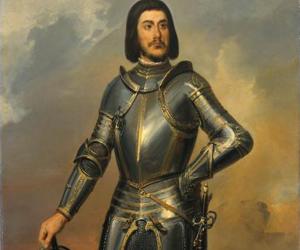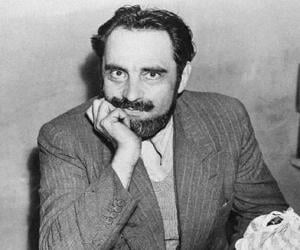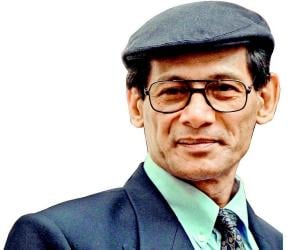Gilles de Rais was a French lord and knight who served as a leader in the French army. Rais' achievements as a military man are often overshadowed by the fact that he was convicted of killing several children. A confessed serial killer, Gilles de Rais was sentenced to death and hanged on 26 October 1440.
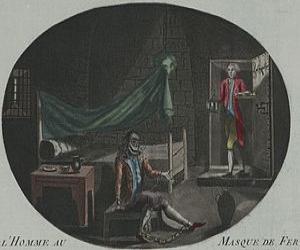
The Man in the Iron Mask was a prisoner of state whose identity remains unknown. Arrested in 1669 and jailed for 34 years during Louis XIV of France's reign, the Man in the Iron Mask is best remembered for maintaining his anonymity throughout his time in prison. He has been the subject of numerous works of fiction.
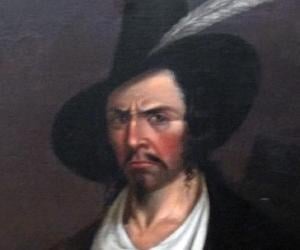
French pirate Jean Lafitte, or The Terror of the Gulf, along with his brother Pierre, owned a blacksmith shop in New Orleans that served as a hub for smuggled goods. He helped the US army in defending New Orleans against the British forces during the War of 1812.
While he was diagnosed with mental illness as a child, French physician Marcel Petiot or Doctor Satan, allegedly killed almost 60 people later. He targeted Jews fleeing Nazi-occupied France, injected them with poison, stole their belongings, and hid their bodies in his basement. He was guillotined for his crimes.
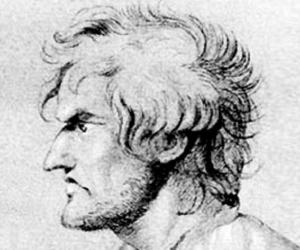
Robert-François Damiens was a French domestic servant best remembered for his failed attempt to kill King Louis XV in 1757. Although the king was only slightly wounded, Damiens was sentenced to death. He was executed in public and was the last person in France to be executed by dismemberment.
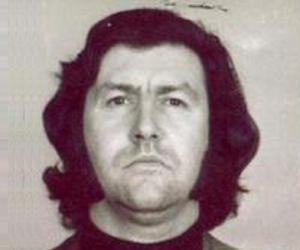
Jacques Mesrine was a French criminal who carried out numerous burglaries, bank robberies, and kidnappings in the US, France, and Canada. He also killed many people and escaped repeatedly from prison, which earned him notoriety. Nicknamed The Man of a Thousand Faces, Jacques Mesrine was an expert in hiding his true identity. His life inspired a two-part film titled Mesrine.
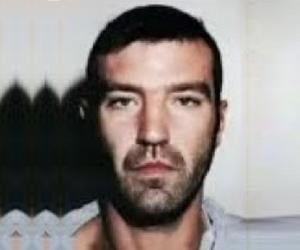
Patrice Alègre is a French serial killer who raped and killed his victims. In 2002, he was convicted of six rapes, five murders, and an attempted murder and was sentenced to life imprisonment. Patrice Alègre's abusive childhood is said to be one of the reasons behind his sex-related crimes later in his life.

Marie-Fortunée Lafarge, a beautiful and cultured French woman, gained notoriety for being tried and convicted of murdering her husband by arsenic-poisoning. Her trial generated much interest and curiosity and became a cause célèbre leading many to arrive from across Europe to witness it. The case had a great-impact on the French society with spectators divided into pro- and anti-Marie factions.
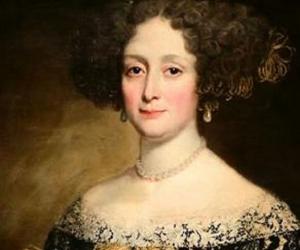
Madame de Brinvilliers was a French aristocrat who was sentenced to death by the French government after being accused of killing her father and brothers to inherit their estates. Speculated of having poisoned more than 30 sick people in order to test out her poisons, Madame de Brinvilliers' life, killings, and execution inspired many works of art.
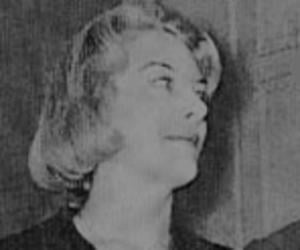
French socialite Françoise Dior was the niece of world-renowned designer Christian Dior. However, the heiress later became a Nazi sympathizer and married neo-Nazi figure and Holocaust denier Colin Jordan. She was associated with the National Socialist Movement but eventually lost most of her fortune and died in oblivion.

Henri Charrière, convicted by French courts as a murderer in 1931 and pardoned in 1970, gained-attention after releasing his autobiographical novel Papillon. The book that gives details of his incarceration in the French penal colony of French Guiana and subsequent escape from there became a bestseller and garnered critical-acclaim. Its sequel Banco documents his life in Venezuela following the escape.
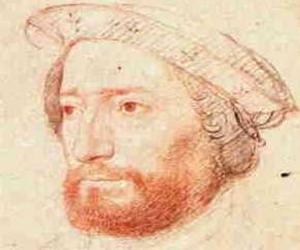
Jean-François Roberval was a French officer and adventurer. Jean-François, who started his career as a soldier, went on to be appointed by Francis I as viceroy of Canada. Jean-François Roberval is best remembered for leading the first French colonial attempt during the 16th century in the Saint Laurent valley.

Known as La Buse, or the Buzzard, because of his speed of attacking his opponents, French pirate Olivier Levasseur was surprisingly born into an affluent family and was trained as an architect. He apparently threw a cryptogram toward the crowd, while being hanged, and challenged them to access his loot.

Hayat Boumeddiene is a French woman who is currently being sought by the police as a suspected abettor of Amedy Coulibaly, the main suspect in the Montrouge shooting, which resulted in the death of a policeman. Boumeddiene, who absconded in 2015, was convicted in absentia of financing terrorism by a court in 2020 and sentenced to 30 years in prison.


A 16th-century French peasant, Martin Guerre disappeared, leaving his family and village, while an imposter claiming to be Guerre came back to his village and stayed with his family for 3 years. The imposter was later tried for fraud, while the real Guerre returned. The tale inspired many novels, musicals, and films.
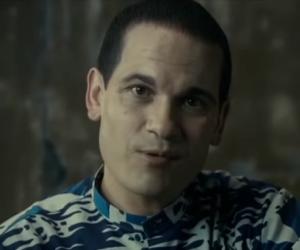
Frédéric Bourdin is a French impostor who claims to have assumed 500 false identities. Nicknamed The Chameleon by the press, Bourdin has impersonated at least three missing teenagers among other people and has been jailed on multiple occasions. His life inspired a 2010 drama film titled The Chameleon. His impersonation of a missing teenager inspired a documentary titled The Imposter.
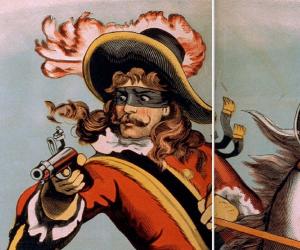
Claude Duval was a French highwayman who is often associated with a popular legend, according to which, he abhorred violence. He is also depicted as someone who was courteous to his victims and famous among women, making him an ideal choice for artists and writers. Claude Duval's life has inspired novels, dramas, and operas.
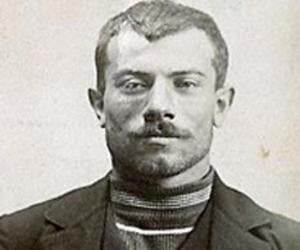
Italian anarchist Luigi Lucheni was initially part of the Italian army. He later became determined to kill a member of the elite class and zeroed in on Empress Elisabeth of Austria. He stabbed Elisabeth with a file and was sentenced to life imprisonment, but was eventually found hanged in his cell.
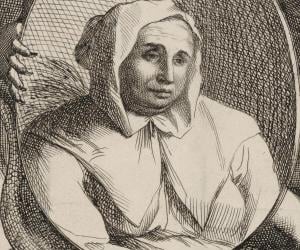
French sorceress and fortune teller Catherine Monvoisin, also known as La Voisin, mostly catered to clients from the French elite class. She provided poison to help her clients kill their enemies and almost succeeded in killing King Louis XIV of France on the orders of Madame de Montespan.
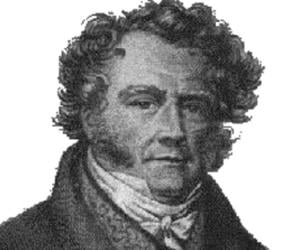
Starting his career with the army, French criminal Eugène François Vidocq fought in the battles of Valmy and Jemappes. Often jailed for petty offenses, he later used his expertise of being among thieves to form his own police force, or the police de sûreté, inspiring authors such as Victor Hugo.
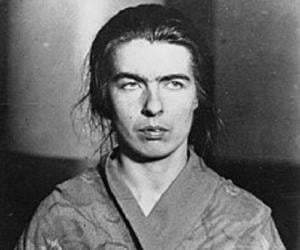
French sisters Christine and Léa Papin, who were serving as live-in-maids, gained notoriety for and were convicted of murdering their employer's wife and daughter. The incident had a profound-impact on the community and was much debated by the intelligentsia, with some considering it as a case of class-struggle. Several works including plays, films and publications were inspired by the case.
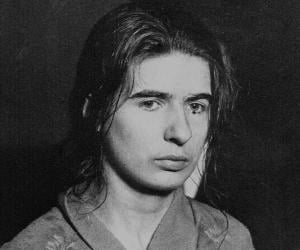
Known for committing one of the bloodiest murders in France, French maid Léa Papin, along with her sister, Christine Papin, also inspired discussions on class struggle. They killed Léonie and Geneviève Lancelin, the wife and daughter of their employer, who would often ill-treat the 2 sisters.
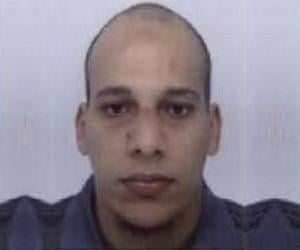
Chérif Kouachi was a French terrorist who carried out the Charlie Hebdo shooting in Paris on 7 January 2015. Armed with rifles and various other weapons, Chérif and his brother Saïd Kouachi barged their way into the office of a weekly newspaper called Charlie Hebdo and killed 12 people. Chérif Kouachi and his brother were killed on 9 January.
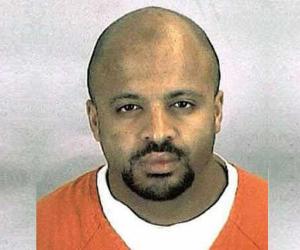
Known as the “20th hijacker” of the 9/11 terror attacks, Zacarias Moussaoui is a French al-Qaeda member who has previously lived in England and is equipped with a business degree. The only person to be convicted in a U.S. court for the September 11 attacks, he is now serving life in prison.
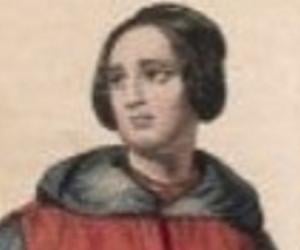
Known as the Lioness of Brittany, Jeanne de Clisson was born a noblewoman of France but later turned into a pirate. After her third husband, Olivier IV de Clisson, was executed for treason, she unleashed her terror upon the French royalty by killing the crew of French ships mercilessly.

Salah Abdeslam is a French terrorist who carried out the November 2015 Paris attacks. He is the only surviving terrorist of the 10-man unit that executed the attacks, which killed 130 people and injured more than 490 people. Salah Abdeslam was found guilty on five counts, including murder and terrorism, and was sentenced to life imprisonment in 2022.
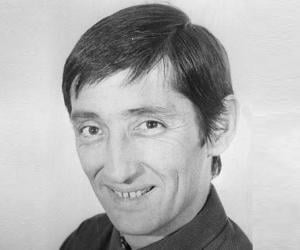
Albert Spaggiari was a French criminal best remembered for organizing an infamous break-in into the Société Générale bank in July 1976 in France. Spaggiari remained free after evading arrest during his case hearings. Albert Spaggiari remains a popular figure and has been referenced in many films, such as The Great Riviera Bank Robbery and Les égouts du paradis.
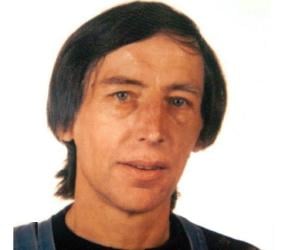
Michel Fourniret was a French serial killer who killed at least 12 people between 1987 and 2003. He was sentenced to life imprisonment and his wife Monique Pierrette Olivier, who assisted him in his killings, was sentenced to 48 years of imprisonment. Michel Fourniret died on 10 May 2021 at the age of 79.
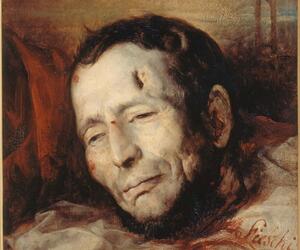
Giuseppe Marco Fieschi was a French man best remembered as the main conspirator in an attempted murder of King Louis-Philippe of France in 1835. Although the attack on Louis Philippe I and his entourage killed 18 people, the king escaped with a minor wound and Giuseppe Marco Fieschi was quickly captured. He was subsequently tried and executed.
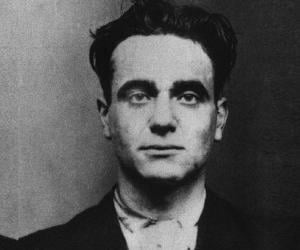
Eugen Weidmann was a German serial killer best remembered as the last person to be executed publicly in France; he was executed by guillotine in June 1939. Many people, including the then 17-year-old actor Christopher Lee, witnessed the execution. The spectators' hysterical behavior after watching the execution was so scandalous that all future public executions were banned in France.
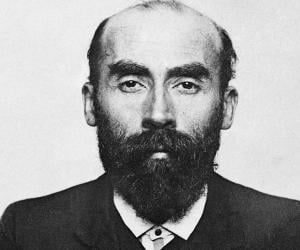
Henri Désiré Landru was a French serial killer who killed at least seven women between 1915 and 1919. Nicknamed the Bluebeard of Gambais, Landru also murdered at least three women and a man between 1914 and 1915 at a house he rented in the town of Vernouillet. Landru was arrested in 1919 and was executed by guillotine in 1922.
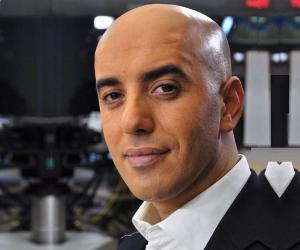
Rédoine Faïd is a French serial jailbreaker and gangster. He gained notoriety in the mid-1990s when he led a criminal gang and engaged in activities like armed robbery, extortion, and jewel theft. By 2013, he was regarded as the most wanted criminal in France. Rédoine Faïd is also renowned for his prison escapes.
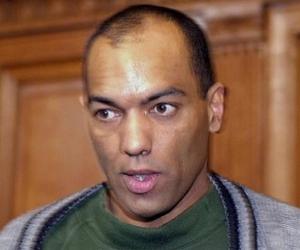
Known as the Beast of the Bastille, French serial killer and rapist Guy Georges grew up in the social care system and was a troubled youth. He was later convicted of raping and killing 7 women, while he also assaulted at least 13 more women. He was eventually sentenced to life imprisonment.

Omar Ismaël Mostefaï was a French terrorist of Algerian descent. He was part of the Brussels Islamic State terror cell, a group of terrorists accused of organizing large-scale terrorist attacks in 2015 in Paris and in 2016 in Brussels.
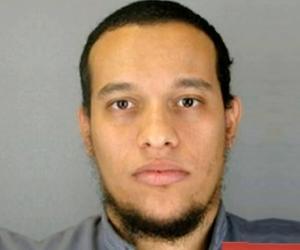
Saïd Kouachi was a French terrorist who, along with his brother Chérif, barged his way into the office of a weekly newspaper in Paris and killed 12 people on 7 January 2015. Armed with rifles and various other weapons, Chérif and Saïd Kouachi identified themselves as Al-Qaeda terrorists. Saïd and his brother were killed on 9 January.
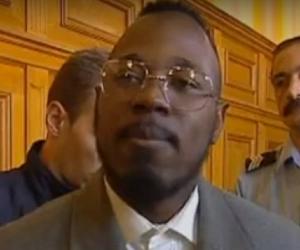
Jacques Plumain is a French serial killer who murdered at least two women in France and Germany between 1999 and 2001. He was convicted and sentenced to life imprisonment in 2005. He served 15 years of his sentence before his release in January 2021. The murders inspired a couple of TV documentaries.
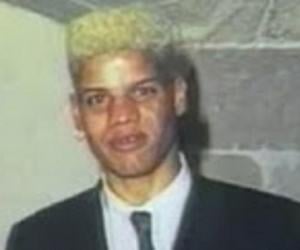
Thierry Paulin was a French serial killer who murdered 21 elderly women during the 1980s. The motive behind these murders was robbery. Paulin died before his trial due to complications related to AIDS. His life and killings inspired a 1994 movie titled I Can't Sleep.
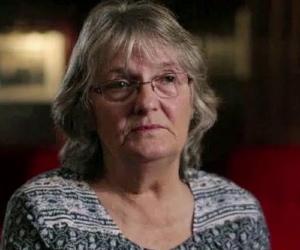
Jacqueline Sauvage was a French woman who was convicted of killing her husband Norbert Marot. Sauvage shot her husband three times in the back with a hunting rifle on 10 September 2012, the day after their son had committed suicide. Jacqueline Sauvage stated that her husband had abused her, their daughters, and possibly their son sexually and physically.
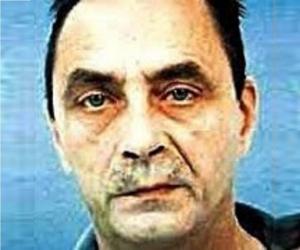
Volker Eckert was a German serial killer who murdered at least six women in Spain, France, and East Germany between 1974 and 2006. Although he confessed to only six murders, Eckert is believed to have murdered many other women in countries like the Czech Republic and Italy. He committed suicide on July 2, 2007, during his criminal proceedings.
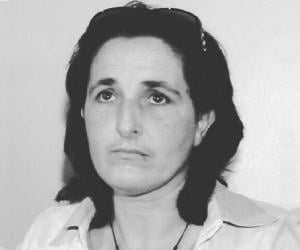
Veronique Courjault is a French woman and murderer who killed three of her newborn babies. As it turned out, her husband didn't know about her pregnancies as she kept them a secret through a process called denial of pregnancy. In 2009, Veronique Courjault was found guilty of all three murders and was sentenced to eight years of imprisonment.
